- Mongabay interviewed Kari Guajajara, a lawyer and the first Indigenous person to obtain a law degree in Brazil’s state of Maranhão, to hear her take on some of the latest and biggest events affecting Indigenous communities and forests Brazilian Amazon.
- These events include a government operation to evict illegal miners from a Munduruku territory, threats to the lives of Indigenous land defenders, the influence of the agribusiness lobby, and President Lula’s drop in popularity.
- Kari Guajajara and other Indigenous delegates came to the U.N. Permanent Forum on Indigenous Issues in New York City to spotlight issues they face in their country.
- Kari Guajajara is a lawyer at Amazonia Alerta and a legal advisor for COIAB, a Brazilian Amazon Indigenous network.
NEW YORK CITY — In the bustling concrete jungle of New York City, representatives from the Amazon Rainforest arrived at the 2025 U.N. Permanent Forum on Indigenous issues, one of the world’s largest gatherings of Indigenous peoples, to spotlight issues they face in their countries.
Among them was Kari Guajajara, a lawyer and the first Indigenous person to obtain a law degree in Brazil’s state of Maranhão. She spoke with Mongabay about her views on some of the latest and biggest events affecting Indigenous communities and forests in Brazilian Amazon, as well as the solutions she believes are needed.
Our conversation touched on the ongoing operation to evict illegal miners in the Munduruku Indigenous Territory in the state of Pará and illegal cattle ranching that may be tied to the killings of Indigenous land defenders. We also discussed the influence of the country’s agribusiness lobby in policies and President Luiz Inácio Lula da Silva’s drop in popularity. Most of the Amazon is held within Brazil’s borders and the three states with the biggest share of the rainforest — also home to many isolated Indigenous peoples — lost about 23 million hectares (56 million acres) of primary forest since 2001.
“The state often tries to tackle the protection of Indigenous territories from a single vision, a unilateral vision that ignores what Indigenous peoples are saying is happening within the territory,” Guajajara said. “Without understand all of the complexities, we can’t talk about solving problems in these territories in a more complete way.”
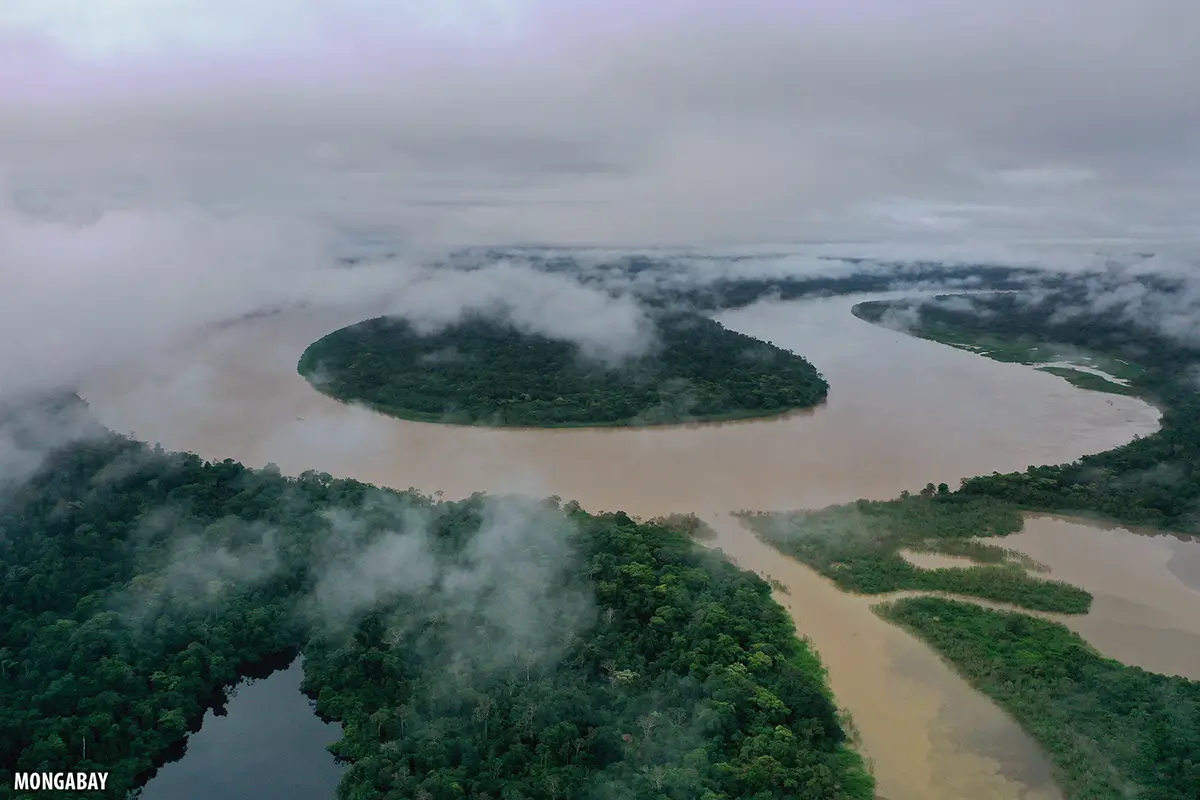
A Guajajara-Tenetehára lawyer from the Araribóia Indigenous land in the state of Maranhão, Kari Guajajara is the first Indigenous woman to enroll in a higher education program at the Federal University of Maranhão. She is a partnership director and lawyer at Amazonia Alerta, an NGO that seeks to increase Indigenous representation in Brazil’s legal system, and legal advisor for the COIAB, Brazil’s network of Amazon Indigenous organizations.
This interview was translated from Portuguese and edited for clarity.
Mongabay: What are the key objectives of your presence at the forum?
Kari Guajajara: So, the main points that brought us to the permanent forum this year in the first place is an attempt promoted by a judge of the Federal Supreme Court — Brazil’s highest court — [to open a] forced conciliation chamber to try conciliate Indigenous rights that are not capable of being negotiated and the impacts this could have on the fundamental rights of Indigenous peoples, especially territorial rights.
This is happening in the same context in which we have a law, the marco temporal [time frame thesis to nullify demarcation claims in areas uninhabited by Indigenous peoples before 1988], which is unconstitutional. This decision of it being unconstitutional is from the Federal Supreme Court itself which has now opened this commission.
Another very important point that brings us here is the fact that, historically, Brazil has disrespected the right to free and prior informed consultation of Indigenous peoples, or if it does respect it, it instrumentalizes it at its own discretion or in favor of its own interests, especially in regards to megaprojects pushed on Indigenous peoples in the Brazilian Amazon.
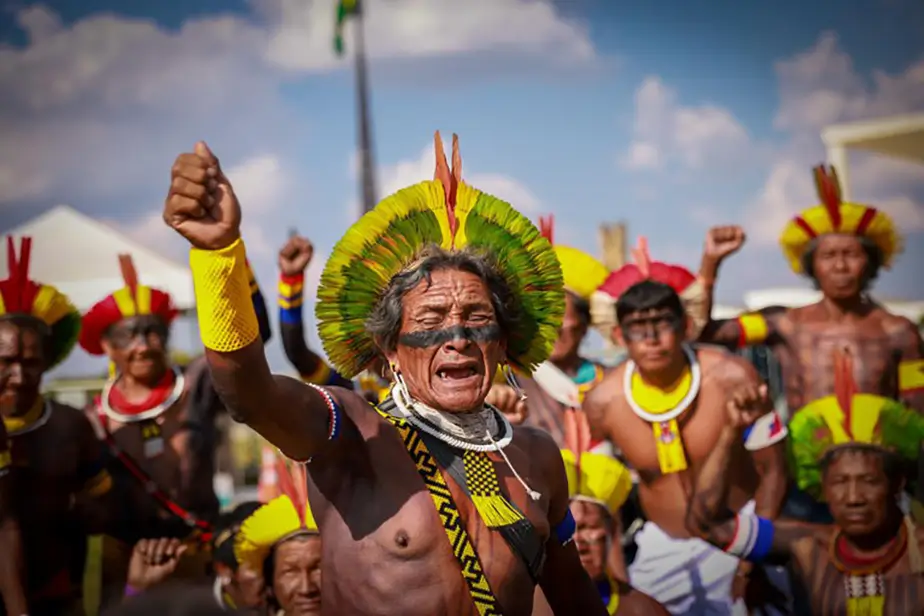
So, in Brazil, we are constantly having Indigenous peoples’ right to say “no” being disrespected and these peoples being run over by projects that are contaminating their bodies, that are taking their lives.
Mongabay: The government has an ongoing operation in the Munduruku Indigenous Territory to remove illegal gold miners, years after the Supreme Court called for this. How do you think the Federal Police should conduct the operation? And how could the government prevent miners from coming back once the operation is complete (as has happened elsewhere)?
Kari Guajajara: The Brazilian state first needs to understand the complexity of its duty under the federal constitution to protect Indigenous territories. The protection of Indigenous territories cannot be summed up in one-off actions by the state within these territories. The state needs to absorb the complexity of Indigenous territories from their economic perspective, from their social perspective… from the perspective of the whole complexity that surrounds both the territories and the connection of Indigenous peoples with these territories.
The problem is that the state often tries to resolve the issue of protecting Indigenous territories from a single vision — a unilateral vision that ignores what Indigenous peoples are saying is happening within the territory [and] their vision when it comes to implementing public policies. So, when Indigenous peoples call on the Brazilian state to exercise its duty to protect these territories, they are also calling on it to understand from what perspective this can be resolved.
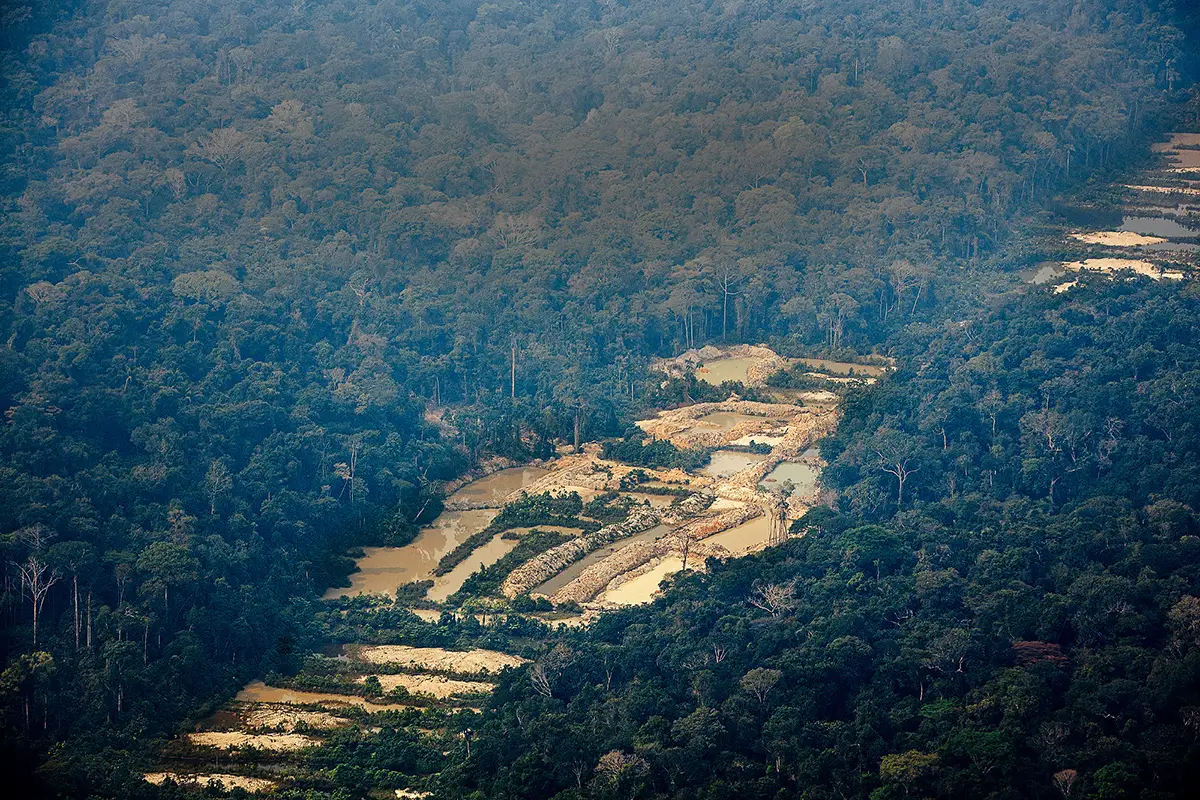
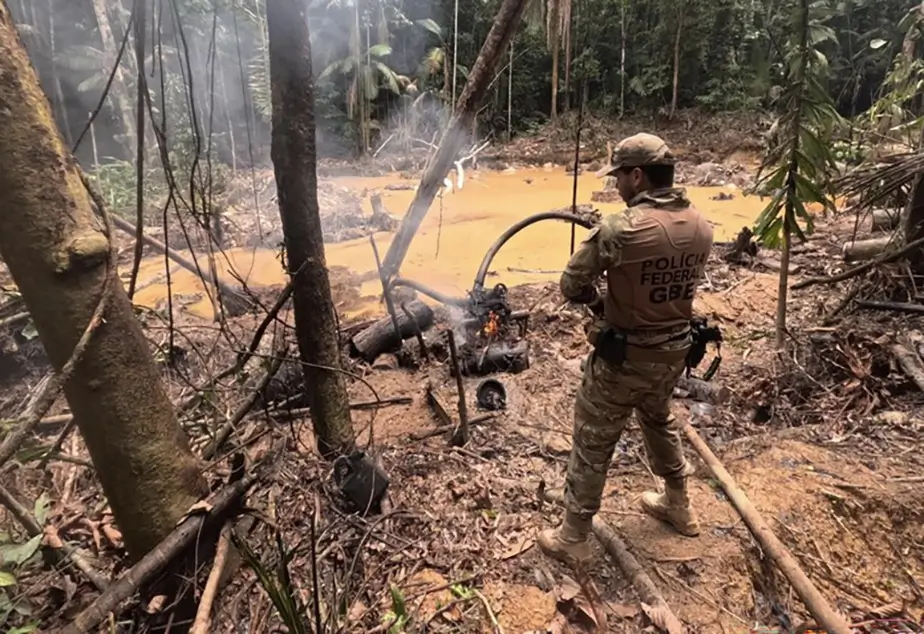
By adopting historical strategies that don’t work, of making one-off operations that don’t understand the social issues surrounding this territory, which don’t understand the cultural dynamism of the peoples who live in these territories, without allowing ourselves to understand all of this complexity, we can’t talk about solving the problems of these territories in a more complete way.
Obviously, there is no single answer to solving these problems.
However, a good example, without a doubt, would be to strengthen the environmental and territorial management plans of Indigenous peoples. These are like life plans and are drawn up by these peoples, (which provide little response). These plans are not only about the immediate fight against all these invaders and criminals, but also address the long-term life of the territories, and how the state can contribute in the long term to maintaining the life of the territories and Indigenous peoples.
Mongabay: A Mongabay investigation found there was illegal cattle ranching in the Araiboia Indigenous Territory and that there could be links with the killing of Indigenous Guajajajara leaders. Do you have any comments on what the government should do regarding this situation?
Kari Guajajara: Well, this problem of illegal cattle ranching in Indigenous territories, or in the Aribóia Indigenous land, is not a recent problem. And it certainly has a direct correlation with the murder of Indigenous peoples, especially leaders in the Araibóia Indigenous land.
As we know, since 2007, there has been a specific group of people who have been tackling environmental crimes within the territory due to the omission or absence of the state in fulfilling its duty to protect. This group is the Guardians of the Forest. And since the people of Arariboia have mobilized to protect the territory, there are those who feel threatened, meaning the people who are committing illicit acts within these territories. Among this group of people there are also non-Indigenous cattle ranchers who directly or indirectly invading the territory.
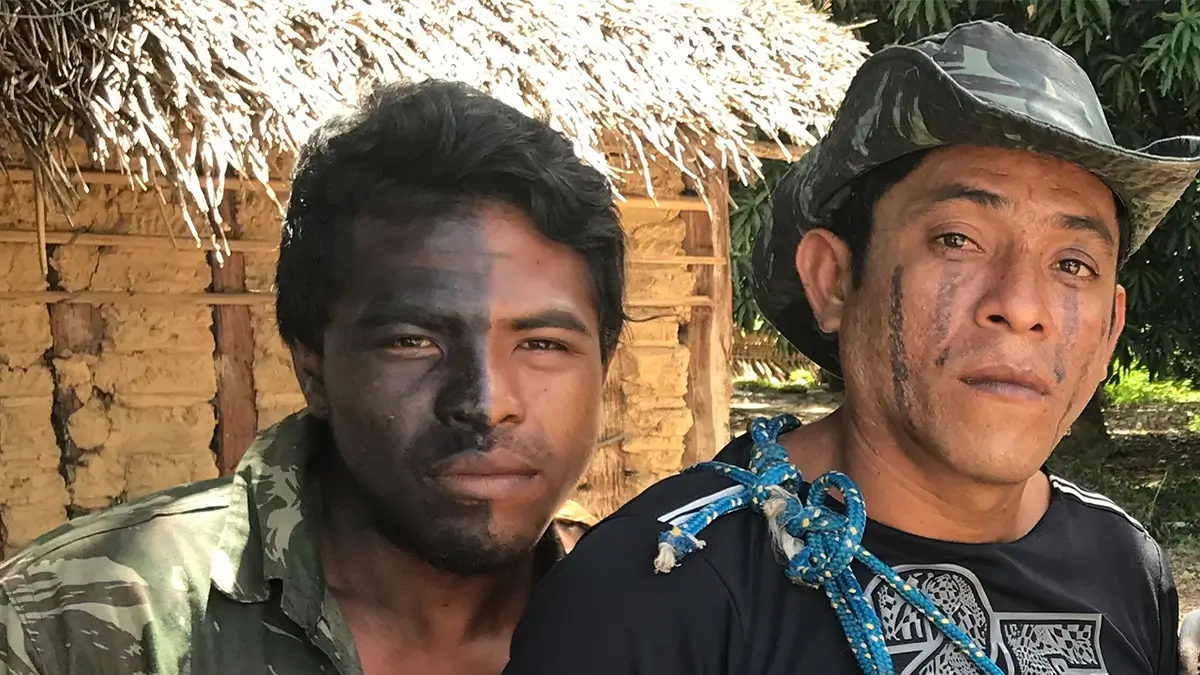
Because of what is happening, we members of Arariboia — because I am from the Arariboia Indigenous land — asked the Inter-American Commission on Human Rights [and in a lawsuit before the Federal Supreme Court] for the immediate protection of the Araribóia territory. The state’s response to these requests was the removal of invaders from the Arariboia Indigenous land.
The operation to remove invaders comes precisely in this context of historical violations of the Arariboia Indigenous land and the direct correlation of this with the murder of and threats to Indigenous leaders who confront these illicit acts due to the absence of the state.
Right now, at this very moment, in the Arariboia Indigenous land, operations are taking place to dismantle the land, and various Indigenous leaders are once again being threatened. This includes the minister for Indigenous peoples herself, who is being threatened, as well as several other leaders in the territory for supporting the removal of invaders. These threats come directly and mainly from people who commit illicit acts within the Araibóia Indigenous land or who support the commission of these illicit acts within it.
Mongabay: In Mamoria Grande, an isolated man made headlines when he visited a community near Purus River. Mongabay found that the area where he was located is surrounded by deforestation. One of the sources of this deforestation is agricultural activities and ranchers seeking more land. In your opinion, can the agribusiness lobby, currently powerful in Brazil, influence policies that can open up or protect forests which isolated peoples depend on?
Kari Guajajara: There is no doubt that the delay in confirming the records of isolated peoples in Brazil is also correlated with the lobbying done to try to prevent the demarcation of territories, undertaken mainly by representatives of agribusiness interests.
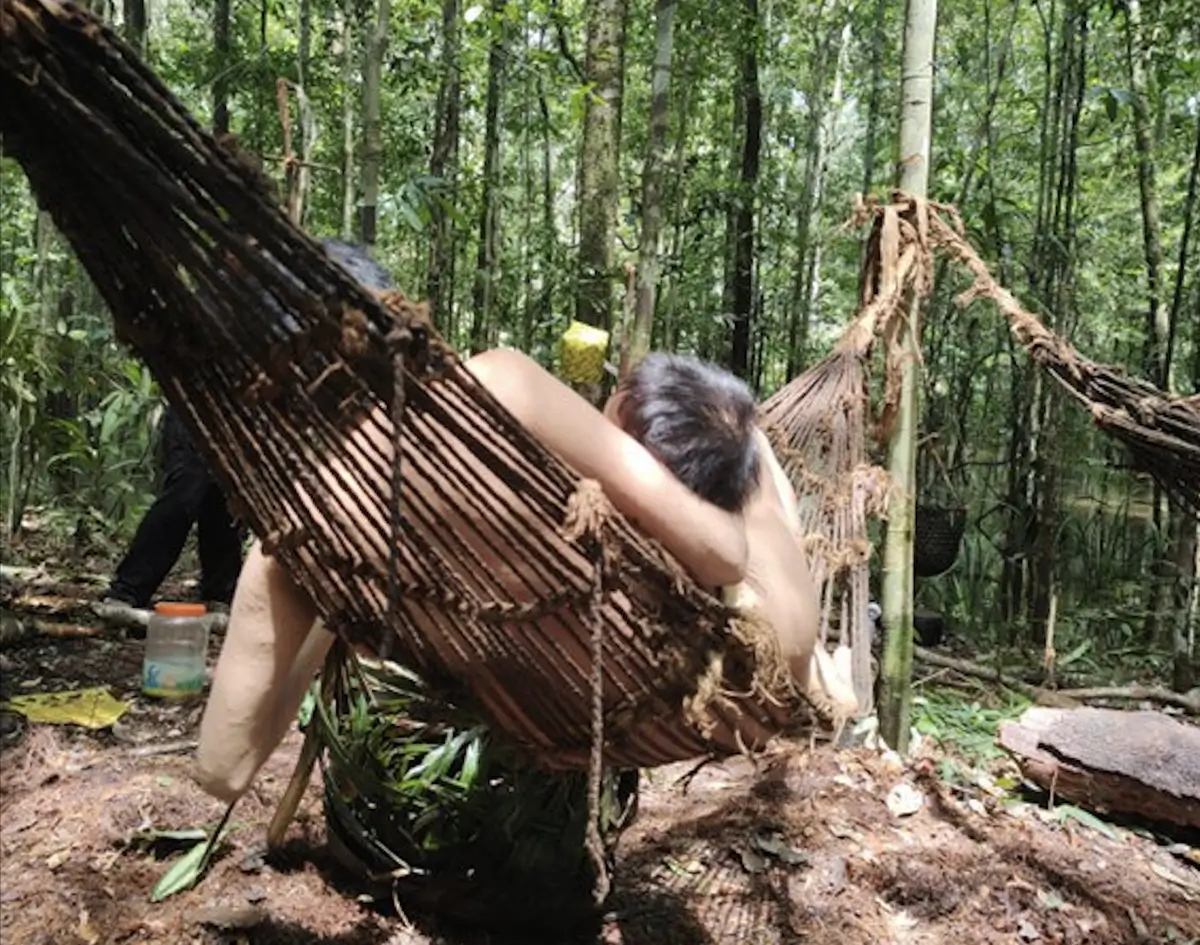
It is enough to observe that there is a very close relationship between the slow progress in confirming the presence of isolated Indigenous peoples — the confirmation and recognition of the records of their existence — and the demarcation and protection of Indigenous territories. Several records that have not yet been confirmed are primarily outside Indigenous territories, which means that the state is not making progress with the demarcation or at least with the minimum security of these territories.
A large part of where these records point to is deforested, which means that we have records of isolated Indigenous people on undemarcated lands, in undemarcated areas, with precarious protection. Only a portion are on territories that have actually been demarcated.
So, we do believe that there is a very close correlation between the confirmation process of recognizing the presence of isolated Indigenous peoples and the lobby for the non-demarcation of these territories. And the more we have this lobby, the more we have this policy of violating the rights of Indigenous peoples. Through this lobby, we have a delay in the demarcation of territories and in the very recognition of the existence of these isolated Indigenous peoples.
Mongabay: Right now, President Lula da Silva, who entered his term with measures to protect Indigenous rights, is facing low levels of popularity in the country. How do you think he should approach Indigenous issues?
Kari Guajajara: Well, for my part as an Indigenous lawyer — as an Indigenous person, too — obviously, my immediate response is that president Lula should defend or at least take care of what is properly protected for Indigenous peoples: Take care of our constitutional rights in terms of what is delimited and take care of the security of our rights and guarantees that are also registered in international agreements and treaties. He should commit himself to the complete and effective execution of the rights and guarantees of Indigenous peoples.
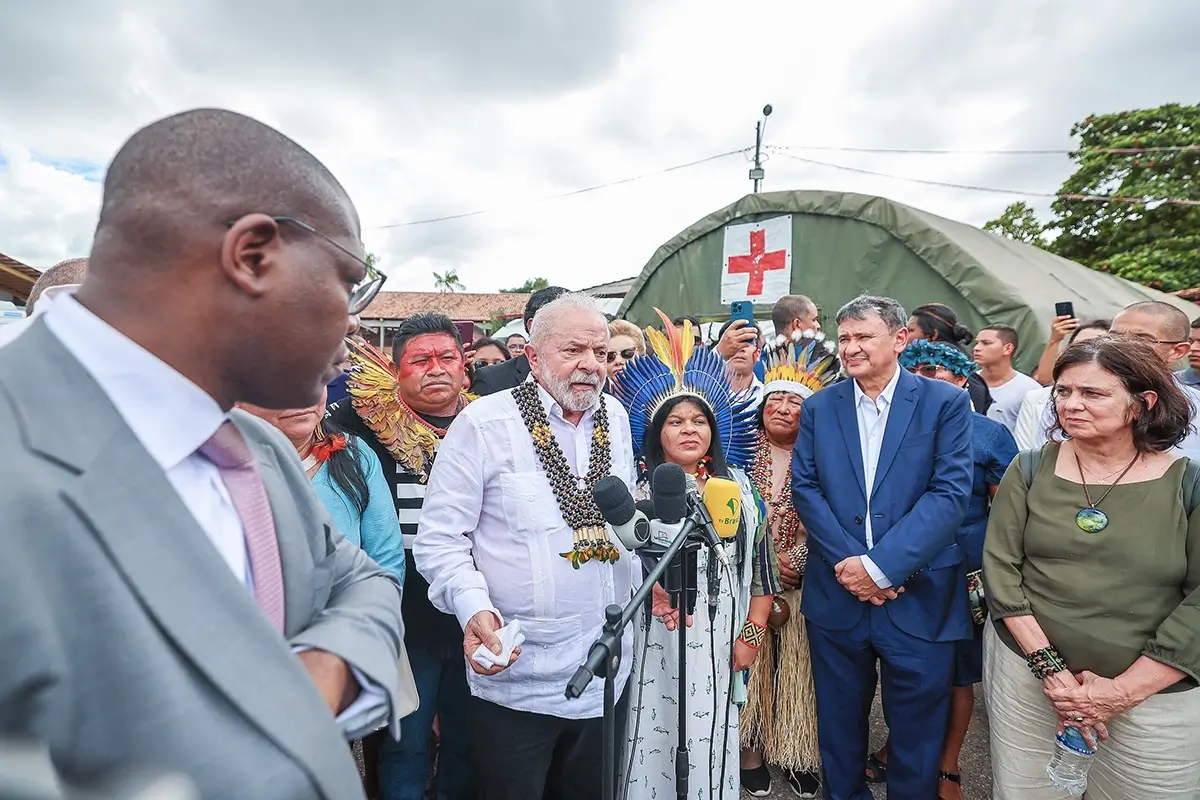
Despite this, we also understand that there is a process of advocacy by sectors that are against the rights of Indigenous peoples, and this also directly influences the way in which Lula prioritizes the treatment of Indigenous peoples’ rights.
Understanding the complexity and importance of our territories, our knowledge and, consequently, our lives — not just for us but for the whole of humanity — Lula should treat the rights of Indigenous peoples as a top priority today. He should understand mainly that dealing with Indigenous peoples and our territories is a strategy for dealing with the climate issue itself.
Banner image: Brazilian Indigenous lawyer Kari Guajajara. Image by USAID via Flickr (CC BY-NC 2.0).


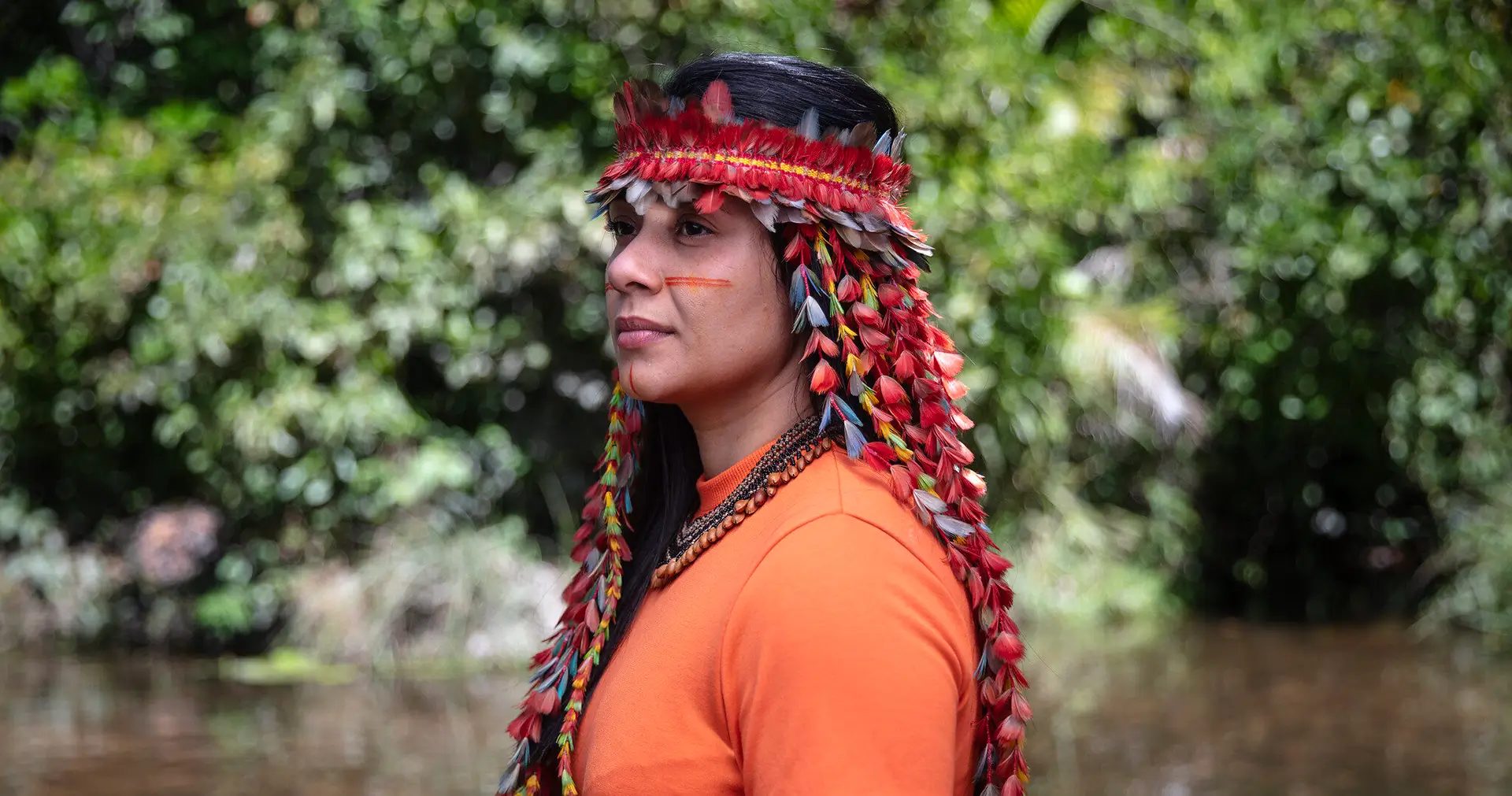
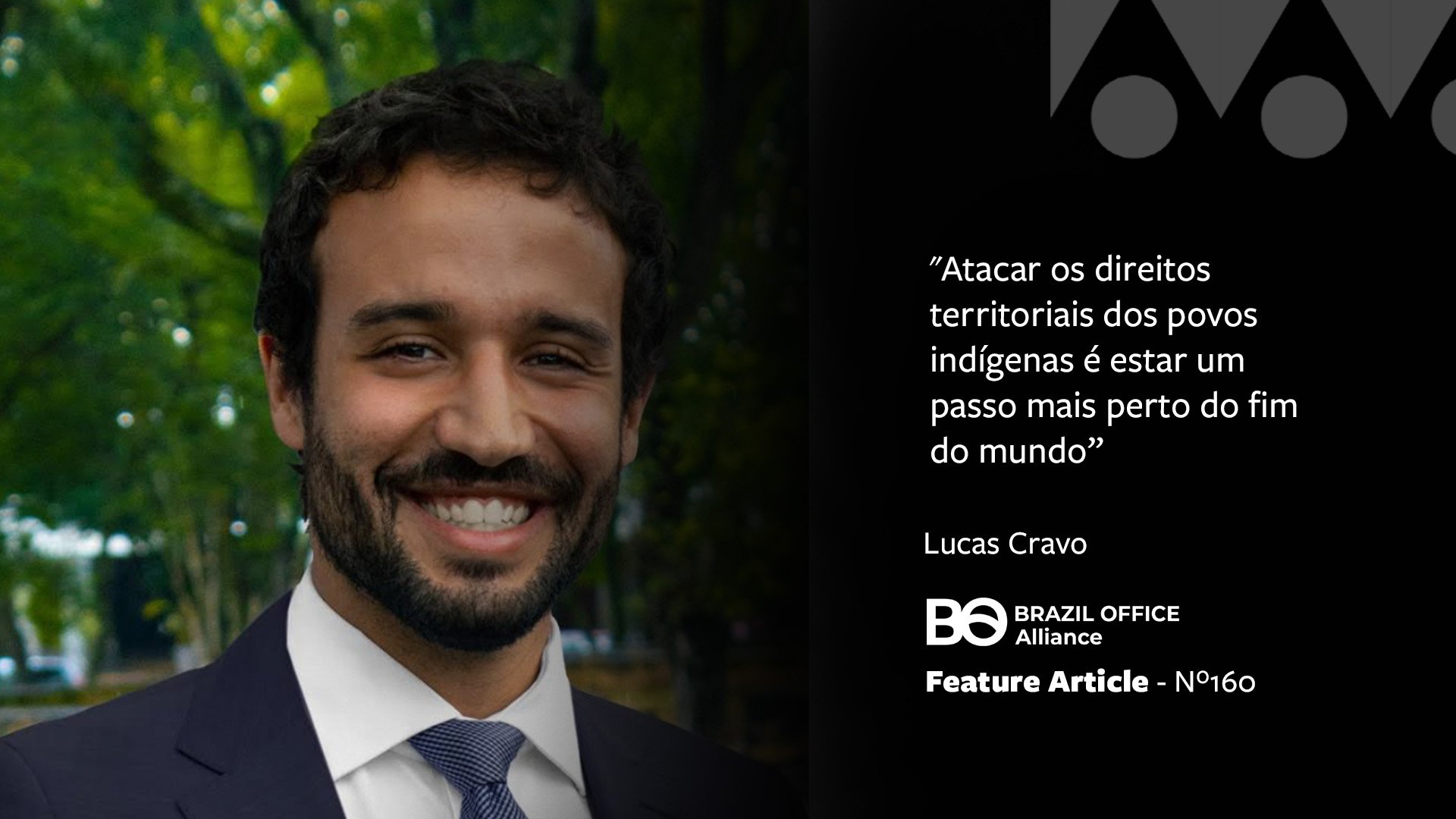

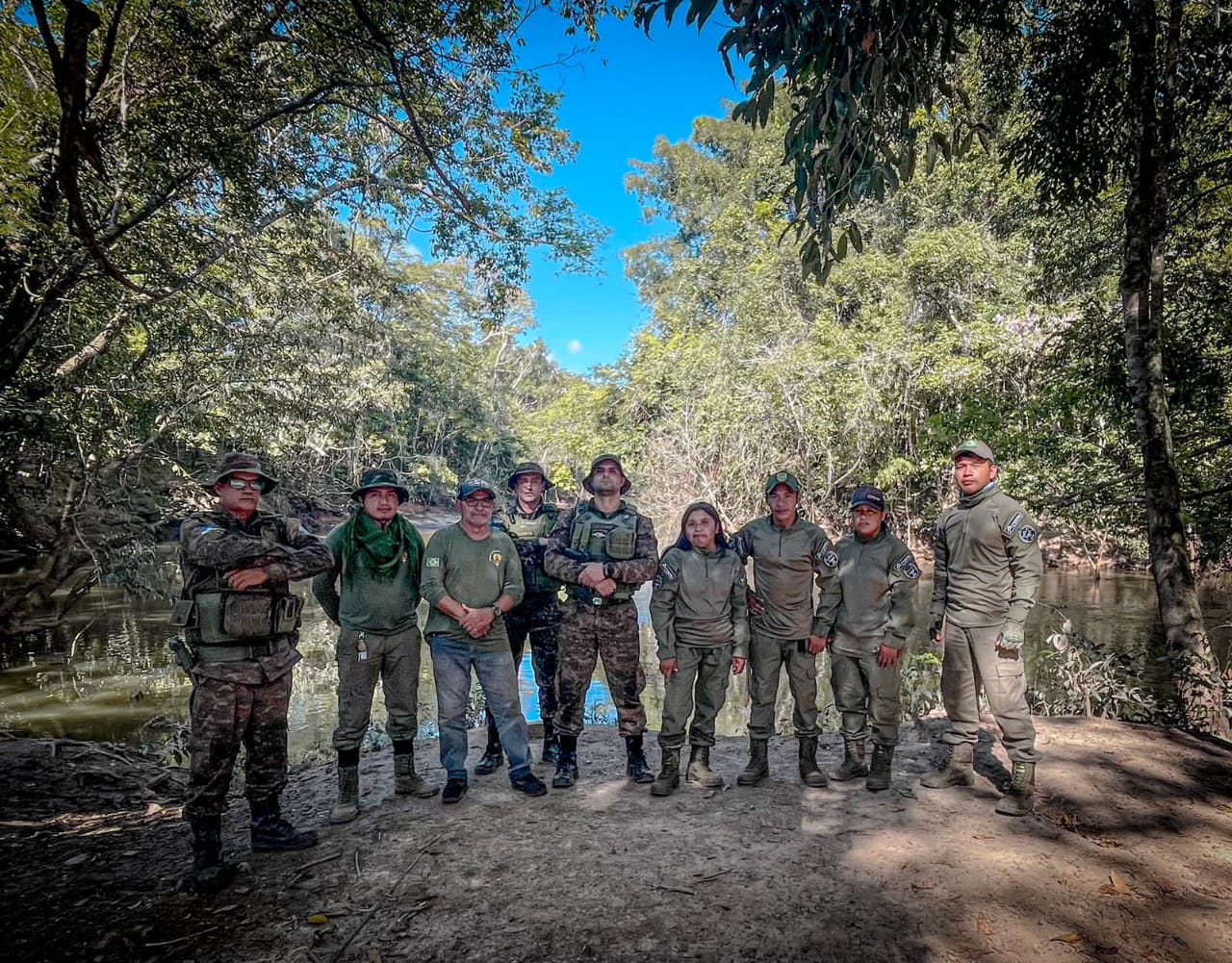
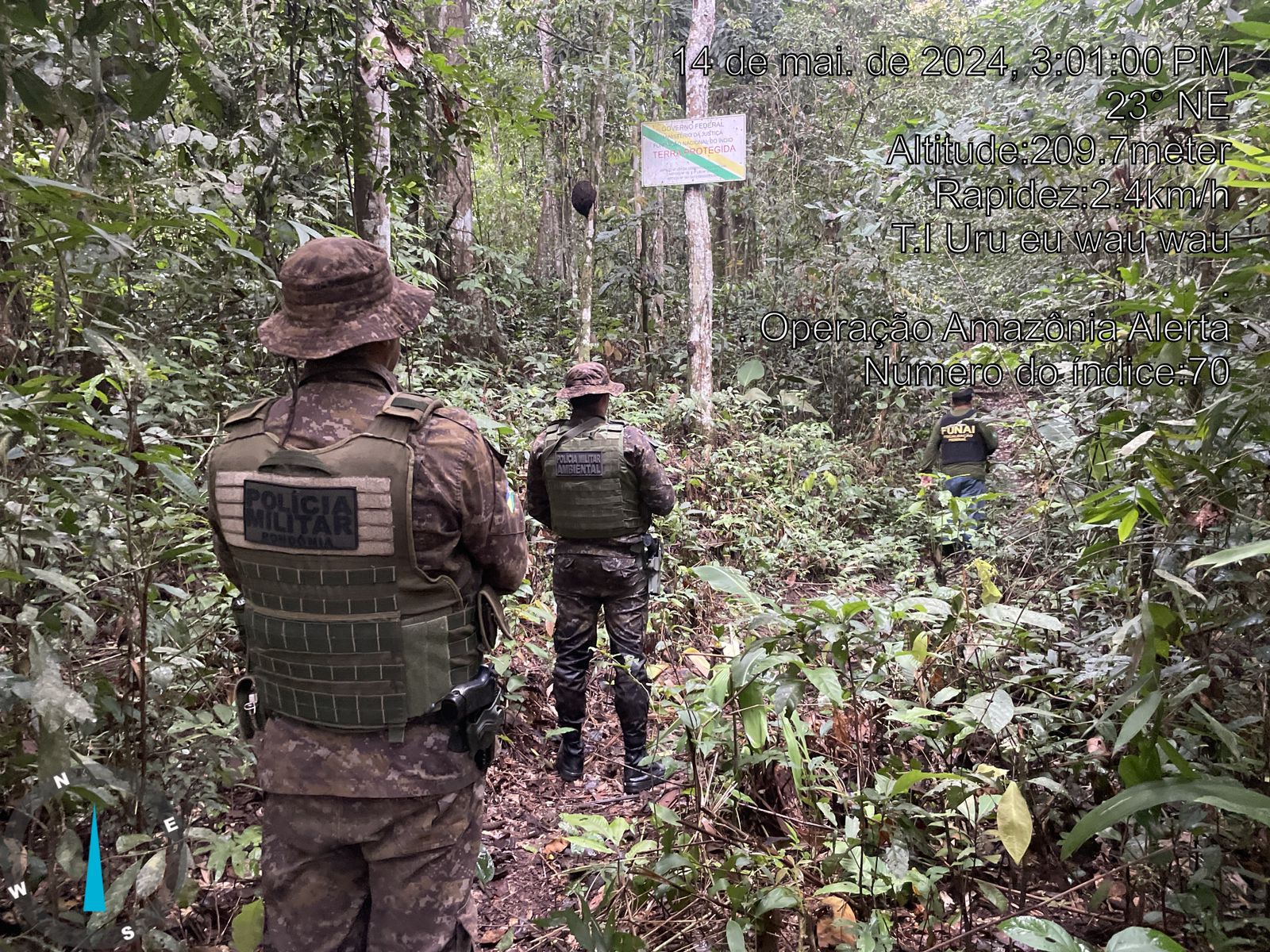
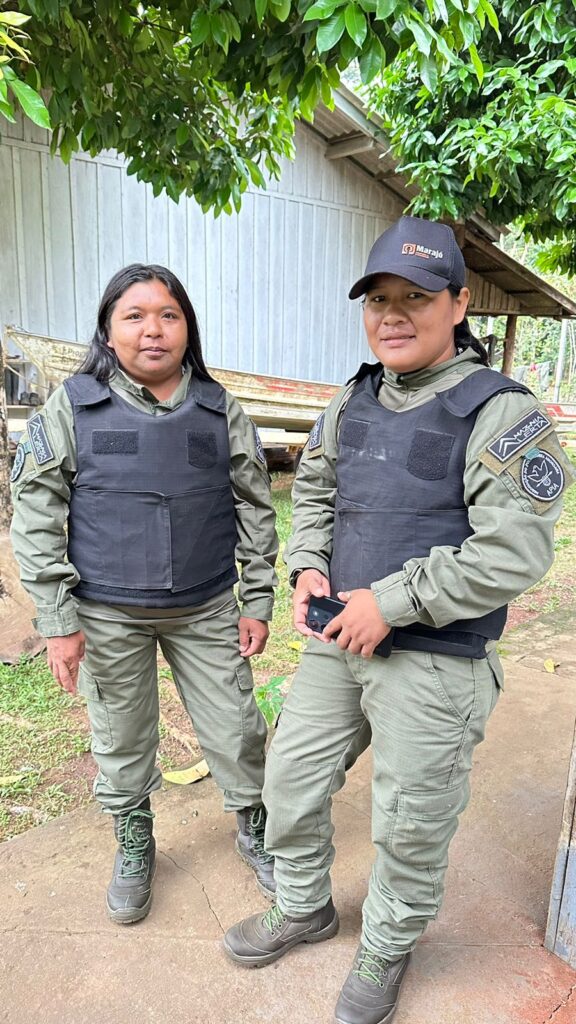
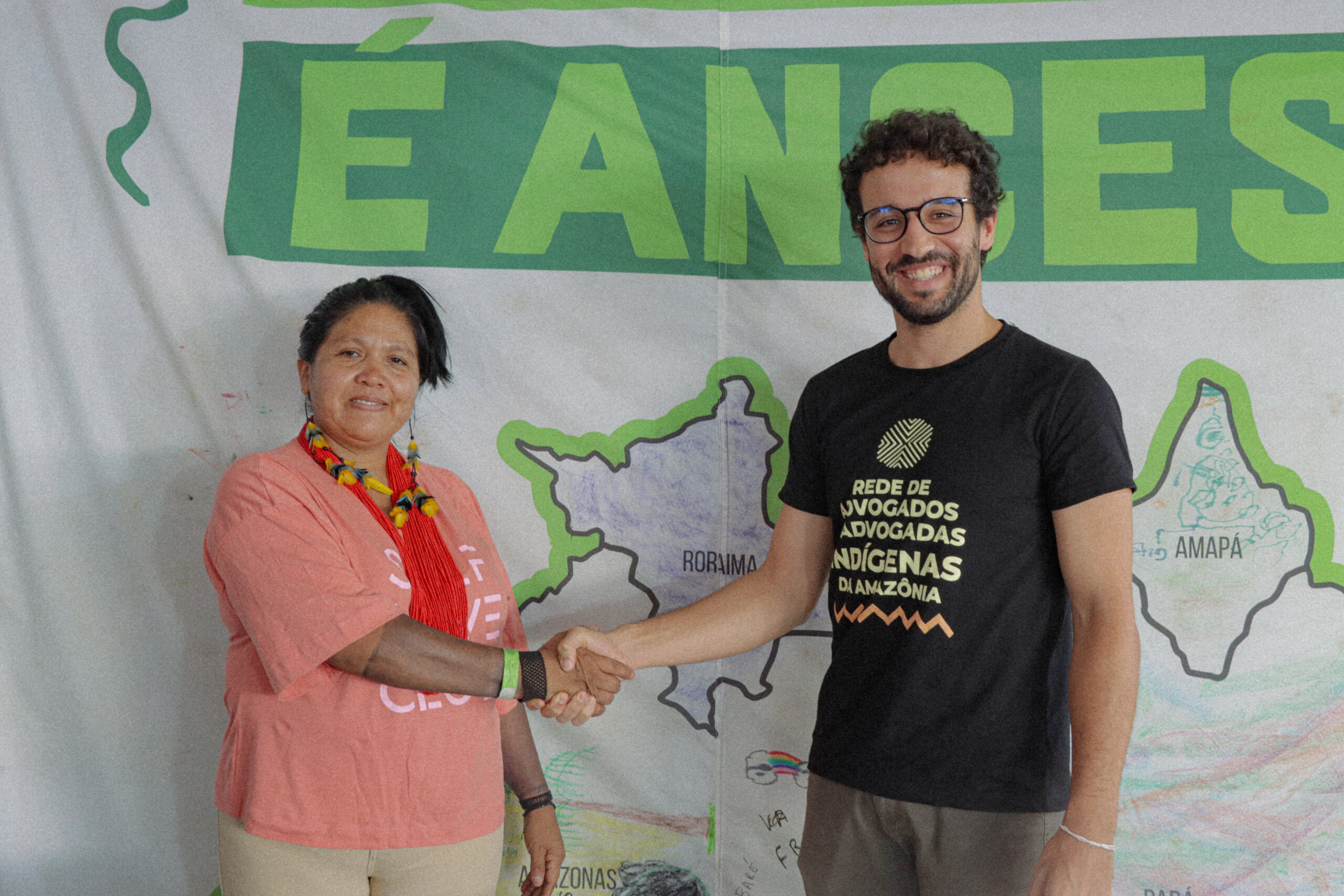
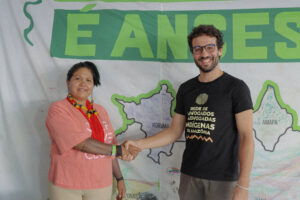


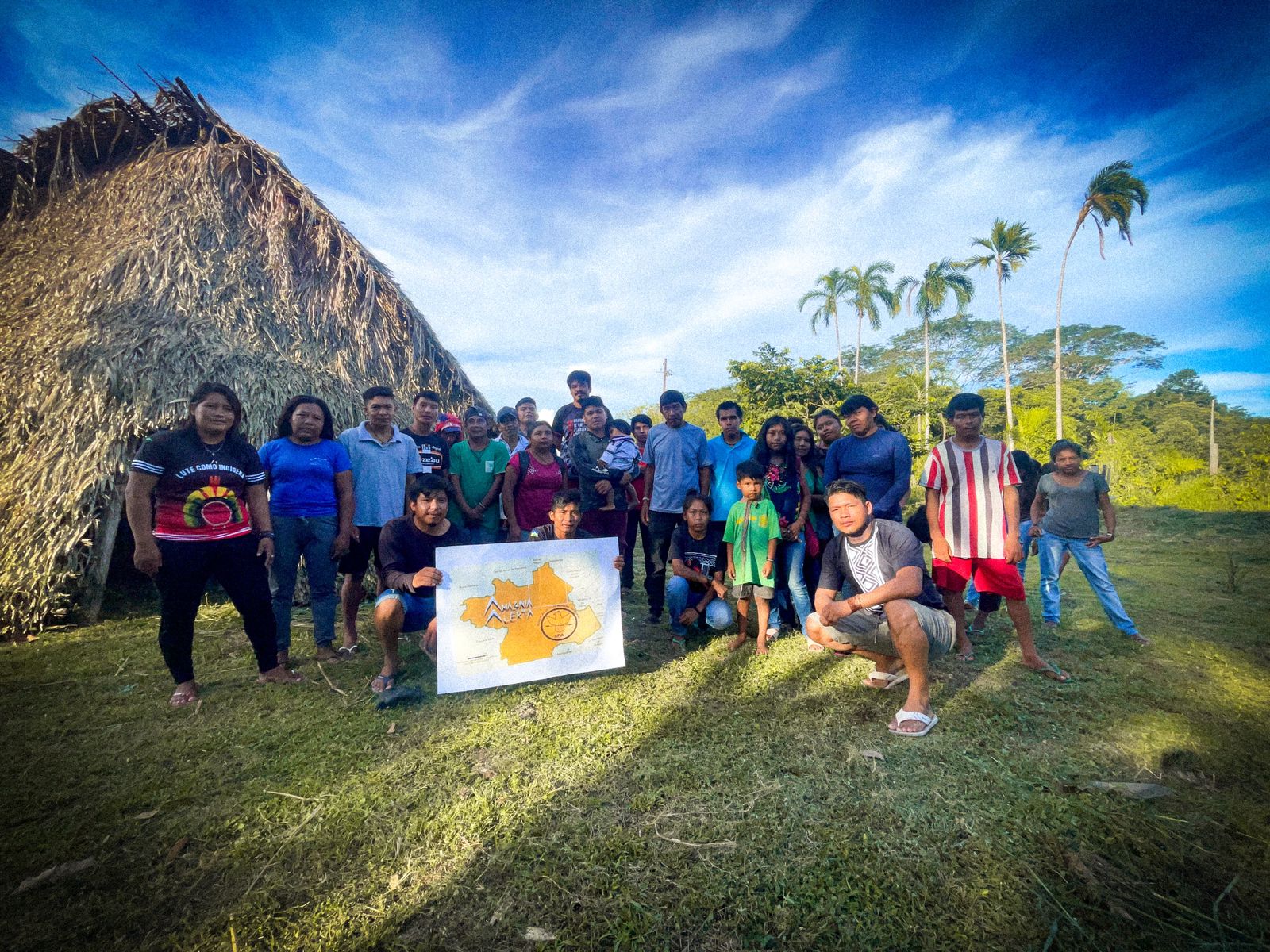
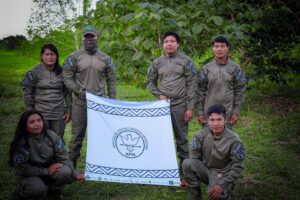 Formed from members of the Amondawa community from the Uru-Eu-Wau-Wau Indigenous Territory, the team operates in collaboration with FUNAI to patrol and monitor the territory, gathering evidence of illegal land grabs and illegal deforestation. Our in-house legal team uses this evidence to lobby law enforcement for action and advocate for the community in multiple legal processes.
Formed from members of the Amondawa community from the Uru-Eu-Wau-Wau Indigenous Territory, the team operates in collaboration with FUNAI to patrol and monitor the territory, gathering evidence of illegal land grabs and illegal deforestation. Our in-house legal team uses this evidence to lobby law enforcement for action and advocate for the community in multiple legal processes.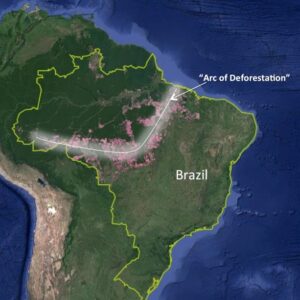 This is one of many key ‘frontlines’ in the struggle to preserve the rainforest.
This is one of many key ‘frontlines’ in the struggle to preserve the rainforest.

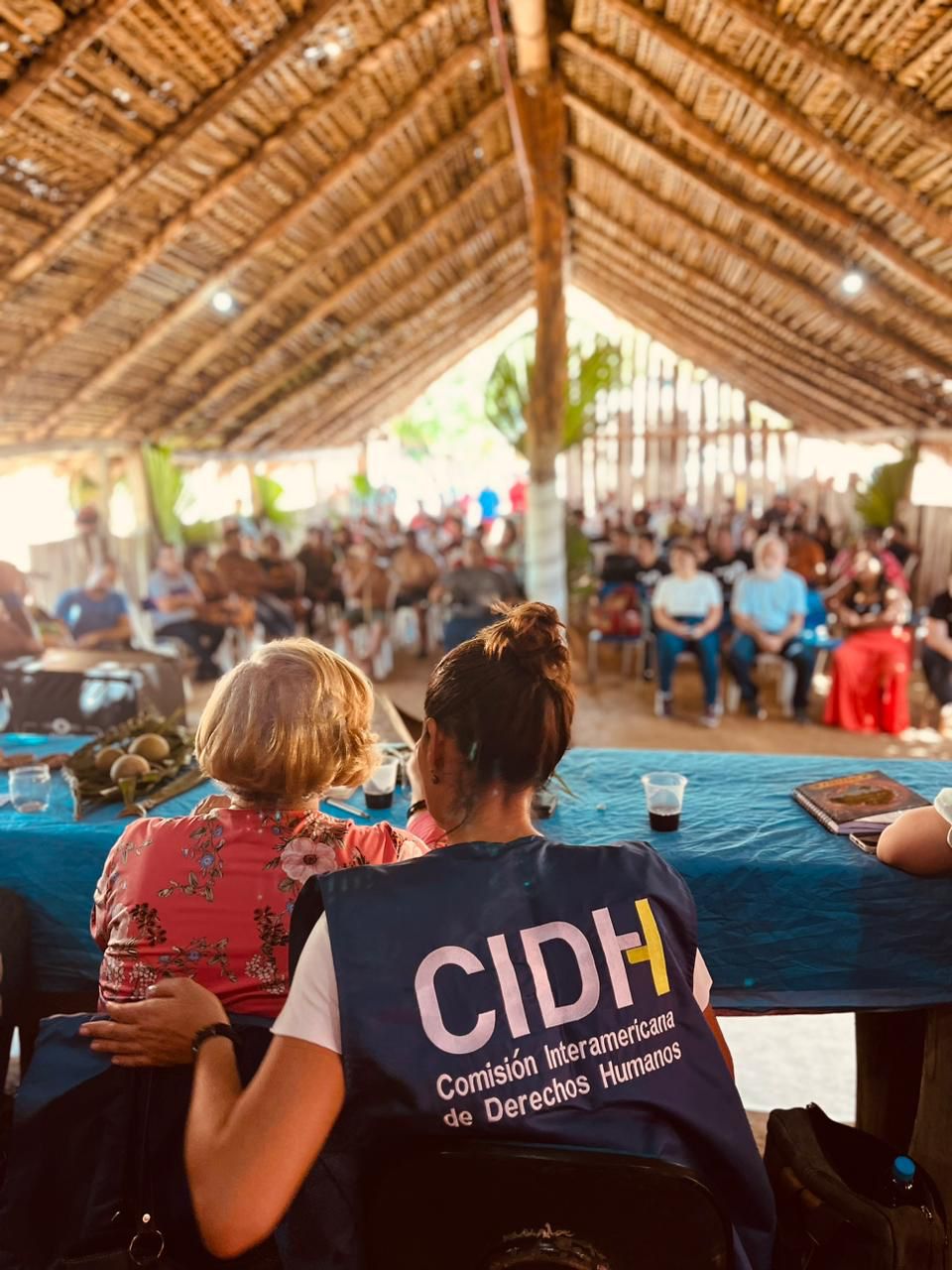
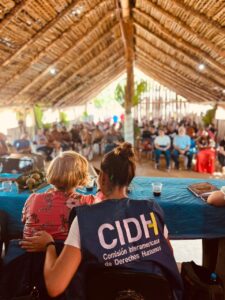 The request argues that the Guajajara and Awá peoples are vulnerable and at risk from COVID-19, and that the state is failing to provide acceptable access to healthcare and failing to protect their territories from illegal invasion and, in particular, the isolation of the Awá people.
The request argues that the Guajajara and Awá peoples are vulnerable and at risk from COVID-19, and that the state is failing to provide acceptable access to healthcare and failing to protect their territories from illegal invasion and, in particular, the isolation of the Awá people.